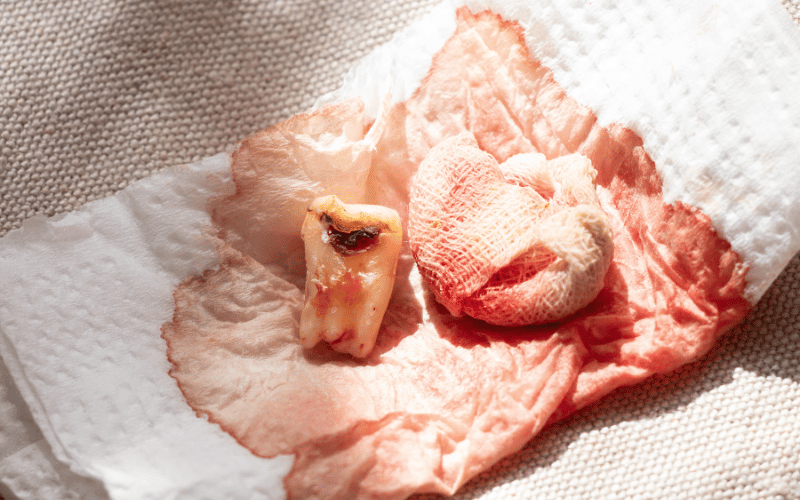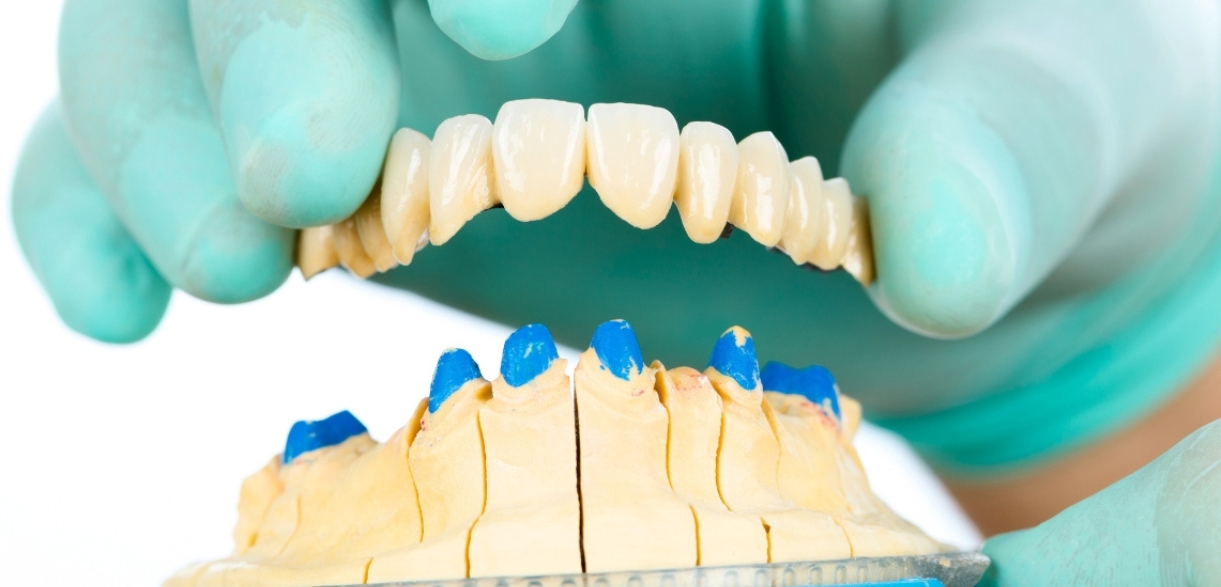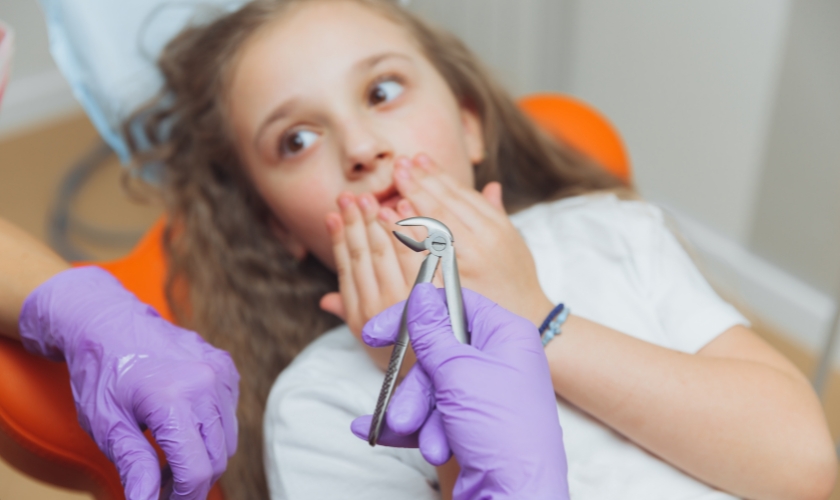1520 Green Oak Place, Suite B Kingwood, Tx 77339
When Is The Best Age For Tooth Extraction?

Baby teeth, or deciduous teeth, typically begin erupting around six months and are gradually replaced by permanent teeth starting around age six. Permanent teeth consist of incisors, canines, premolars, and molars. The natural process of losing baby teeth, known as exfoliation, occurs as permanent teeth push them out. However, in cases of severe decay, crowding, or trauma, tooth extraction may be necessary. Consulting a dentist is crucial to assess the need for extraction and determine the best age for tooth extraction.
Age Considerations for Tooth Extraction
1. Children (under 18)
For children under 18, baby teeth may require extraction due to severe decay, overcrowding, or trauma. Severe decay can compromise oral health and cause pain if left untreated. Overcrowding can impede the proper alignment of permanent teeth, leading to orthodontic issues.
Trauma, such as accidents or injuries, may necessitate extraction to prevent infection or structural damage. Preserving baby teeth is crucial for jaw development as they maintain space for permanent teeth to emerge properly. Premature loss of baby teeth can lead to misalignment, affecting speech, chewing, and facial development. Early intervention ensures optimal oral health and overall well-being in children.
2. Adults (18-40)
In adults aged 18-40, tooth extraction may be necessary for various reasons, including advanced gum disease, trauma, and impacted wisdom teeth. Advanced gum disease can lead to tooth loss if not treated promptly. Trauma from accidents or injuries may result in irreparable damage to teeth, requiring extraction. Impacted wisdom teeth, often due to lack of space, can cause pain, infection, and misalignment.
Wisdom teeth extraction is typically recommended in the ideal age range of 18-24 when roots are less developed, facilitating easier extraction and faster recovery. Benefits include reduced risk of complications and minimal disruption to daily activities.
However, considering wisdom teeth removal after age 24 is still viable, albeit with increased risks such as longer recovery time, potential complications, and a greater chance of root fusion with the surrounding bone. Consulting with a dentist or oral surgeon can help determine the best course of action based on individual circumstances.
3. Adults (40+)
For adults aged 40 and above, tooth extraction considerations shift due to factors like healing time and bone density. Older adults typically experience slower healing processes, which can prolong recovery after extraction. Additionally, reduced bone density with age can affect the stability of adjacent teeth and impact options for tooth replacement.
Factors Affecting the Best Age for Extraction
1. Reason for extraction: The urgency and timing of extraction can vary depending on the underlying issue. For instance, an infected tooth may require immediate extraction to prevent the spread of infection, regardless of age. On the other hand, impacted wisdom teeth may be best addressed within a specific age range to minimize complications.
2. Overall health and healing ability: The patient’s general health and healing capacity play a significant role. Younger individuals often have better overall health and faster healing abilities, making specific procedures like wisdom teeth extraction more manageable at a younger age. Conversely, older adults with underlying health conditions may require more careful consideration and planning for extraction procedures.
3. Root development: The stage of root development in the tooth being extracted is critical. Teeth with less developed roots, such as wisdom teeth in the late teens or early twenties, may be easier to extract with reduced risk of complications. However, mature teeth with fully developed roots may necessitate more complex extraction procedures and longer recovery times.
Final Words!
In conclusion, the ideal age for tooth extraction varies based on factors such as the reason for extraction, overall health, and root development. Regular checkups are vital for early problem detection and tooth preservation. Remember, there’s no one-size-fits-all approach to dental health. Take charge of your oral well-being today with Dentistry Of Kingwood – where smiles shine brighter! Schedule your appointment now for a healthier, happier mouth.






